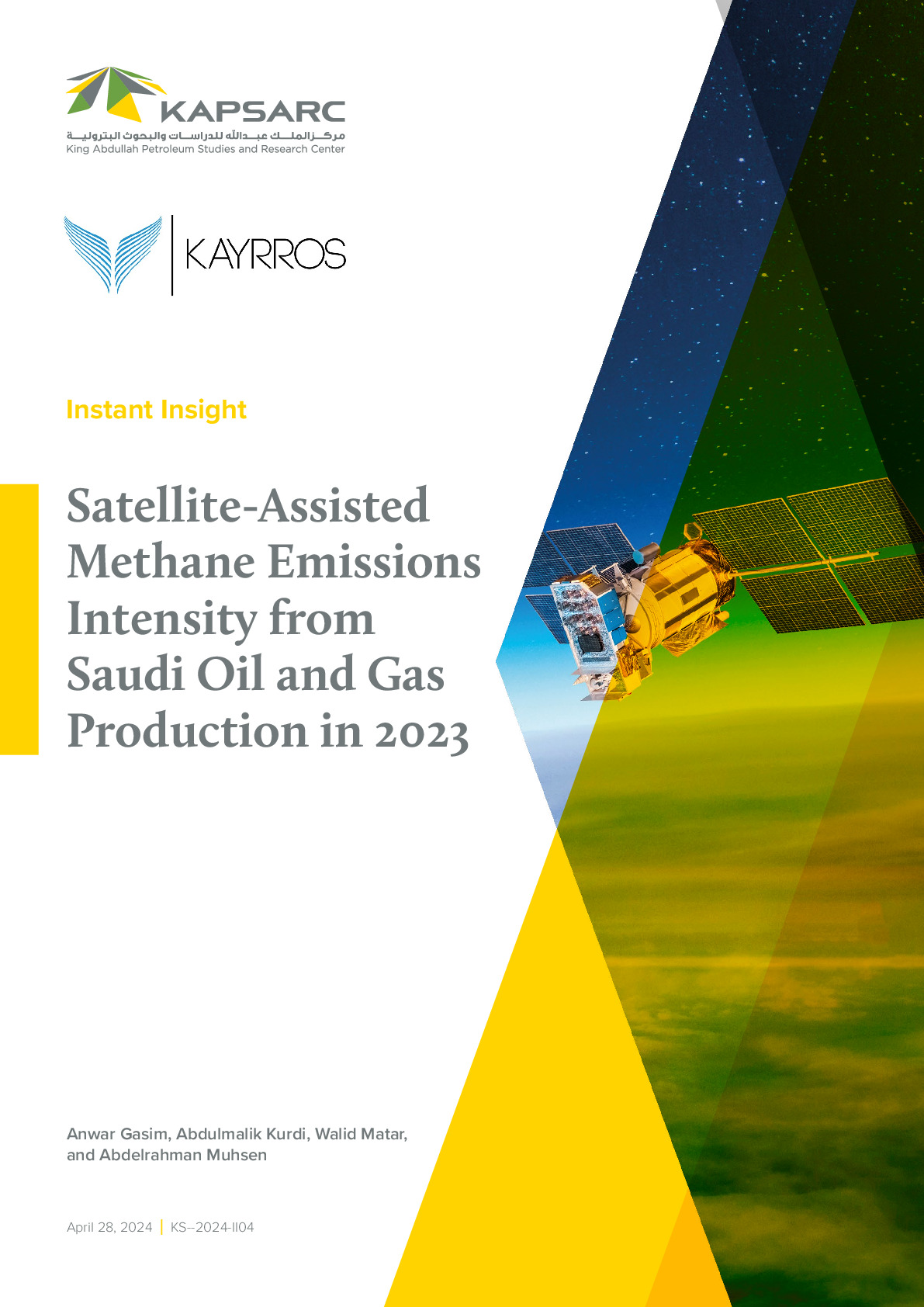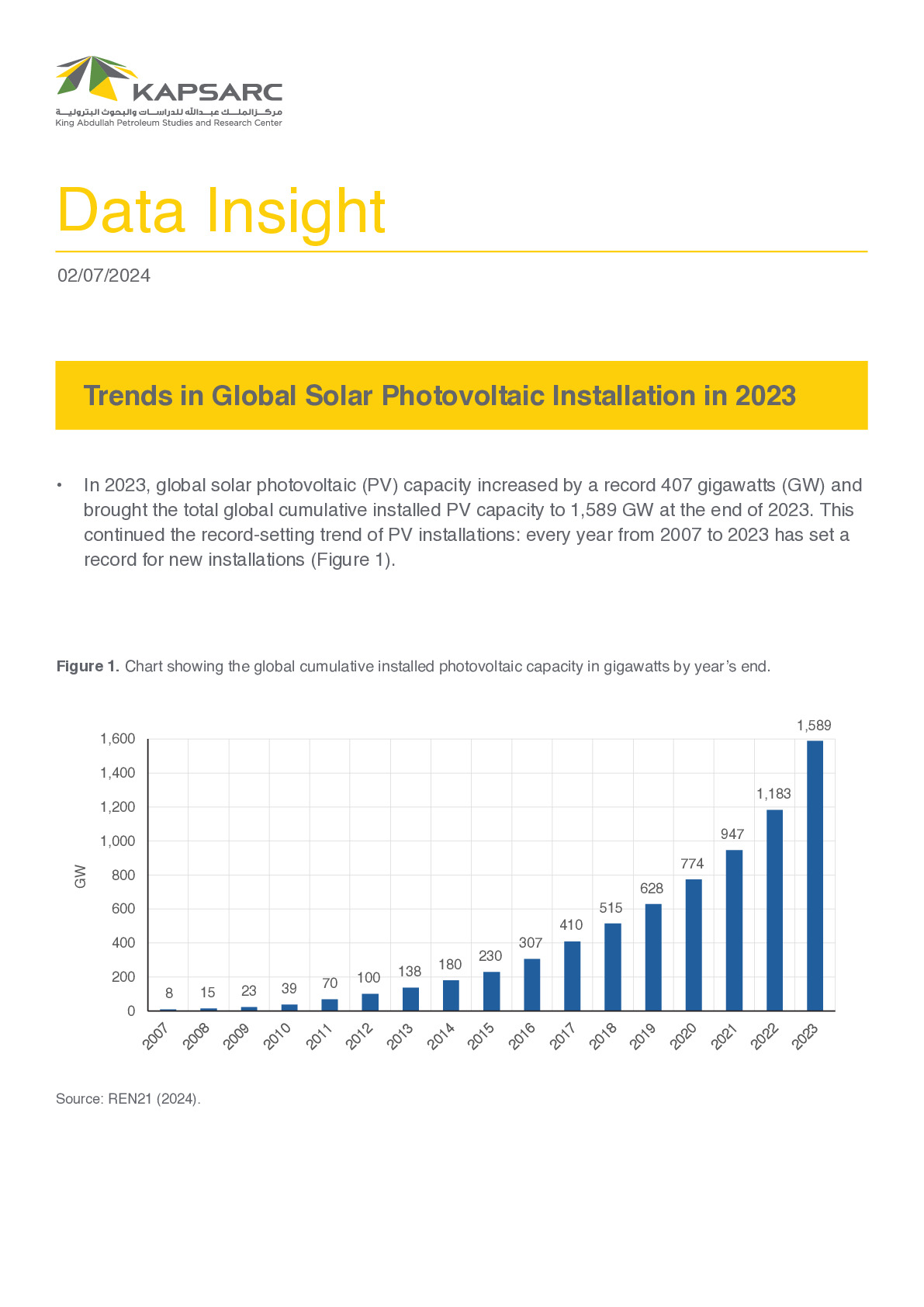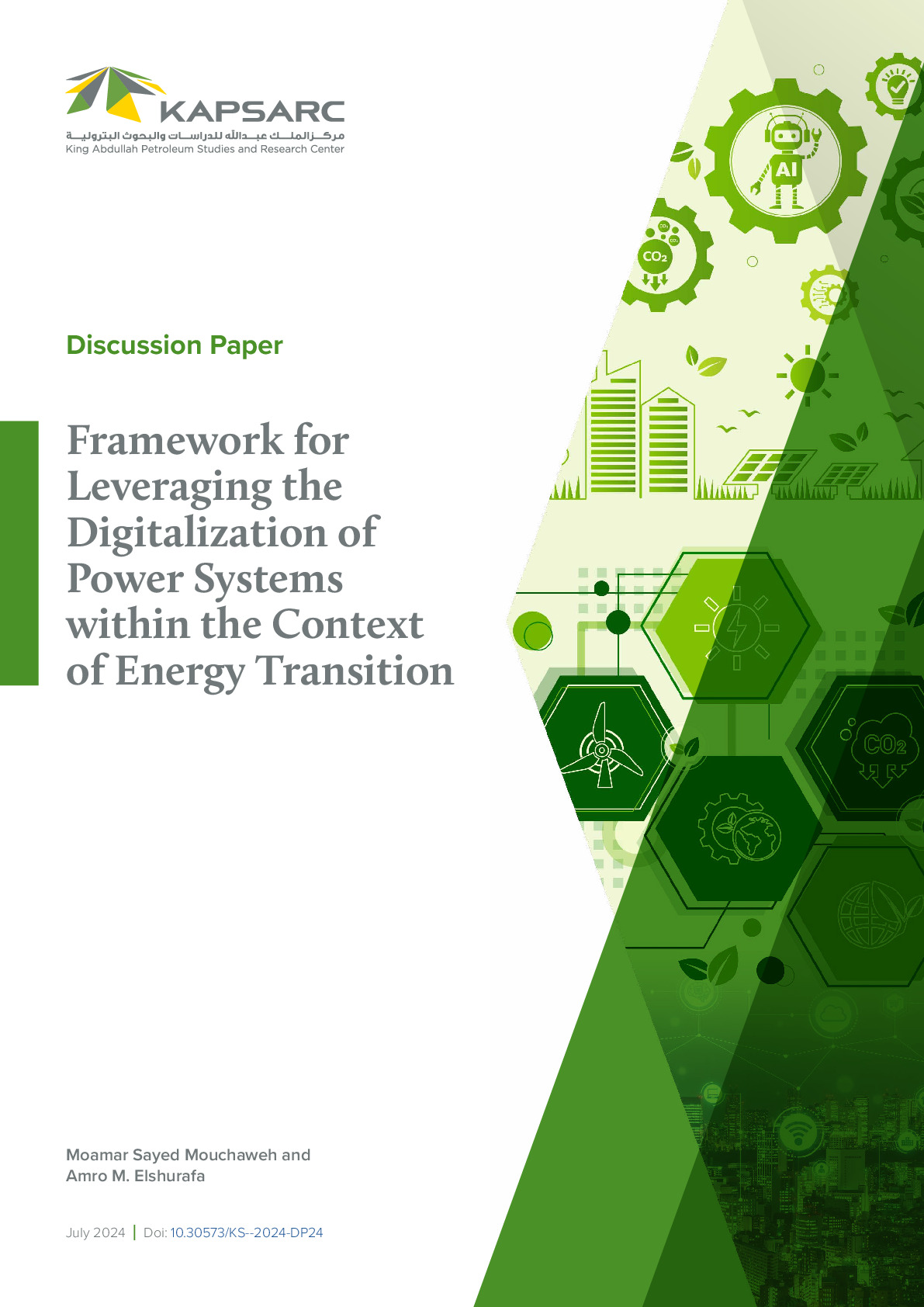Cement manufacturing is a major industry in Saudi Arabia. As a highly polluting sector, it may be part of CO2 abatement policy for the country. This paper presents a multi-criteria analysis to examine how two competing objectives affect the performance of the cement industry in Saudi Arabia. Namely, these criteria are profit and CO2 emissions. We examine the joint effects of economic costs and biases of the industry’s senior management on decisions. Relevant decisions include fuel use, and investment in carbon capture and storage and more energy efficient kilns. The analysis adopts an operational model that we have developed for the industry, where 2015–2020 is the period of interest. It allows us to account for events that are not anticipated by the industry, such as the rise in energy prices that took place in 2016. Allowing imports and deeming the reduction of CO2 emissions as highly important, the industry would choose to import clinker and bypass the pyroprocessing stage in manufacturing; however, the country has broader local content and economic diversification requirements that make this infeasible. By not permitting imports to observe the actual operation of the industry at all levels, we find: ● In environmental regulations and depending on the CO2 price, behavioral considerations have a major impact on the decision-making process of cement manufacturers. ● For a low carbon price of up to 1 $/ton, the industry would have to care for emissions considerably in order to mitigate it. At 45 $/ton or above, behavioral considerations have a limited impact in the wake of profits. ● An example of a policy that could induce a reaction is one that consists of a carbon price of 27 $/ton. At that price, the industry’s decision-makers do not have to weigh pollutants highly relative to the industry’s profits. The policy would garner $4.9 billion in government revenue and reduce emissions by 181 million tons in the six-year period. The deal would generate $1.3 billion in profit in 2020, compared to $2.5 billion without government intervention. © 2017 The Authors

Research Fellow
Walid works on modeling energy systems. He is developing or has developed the following components of the KAPSARC Energy Model…
Walid works on modeling energy systems. He is developing or has developed the following components of the KAPSARC Energy Model (KEM): electric power generation, oil refining, petrochemicals and fertilizers, cement production, and iron and steel. He is also working on a bottom-up residential electricity use framework that merges microeconomics with the physical laws governing electricity use.
Expertise
- Energy Systems Modeling
- Optimization
- Electricity Prices
- Energy Efficiency and the Interdisciplinary Connection Between Energy Economics and Engineering
Publications See all Walid Matar’s publications
Energy Policy Pathways to Inform Climate Policy in Saudi Arabia
Cement manufacturing is a major industry in Saudi Arabia. As a highly polluting sector, it…
1st May 2024
Satellite-Assisted Methane Emissions Intensity from Saudi Oil and Gas Production in 2023
Cement manufacturing is a major industry in Saudi Arabia. As a highly polluting sector, it…
28th April 2024


